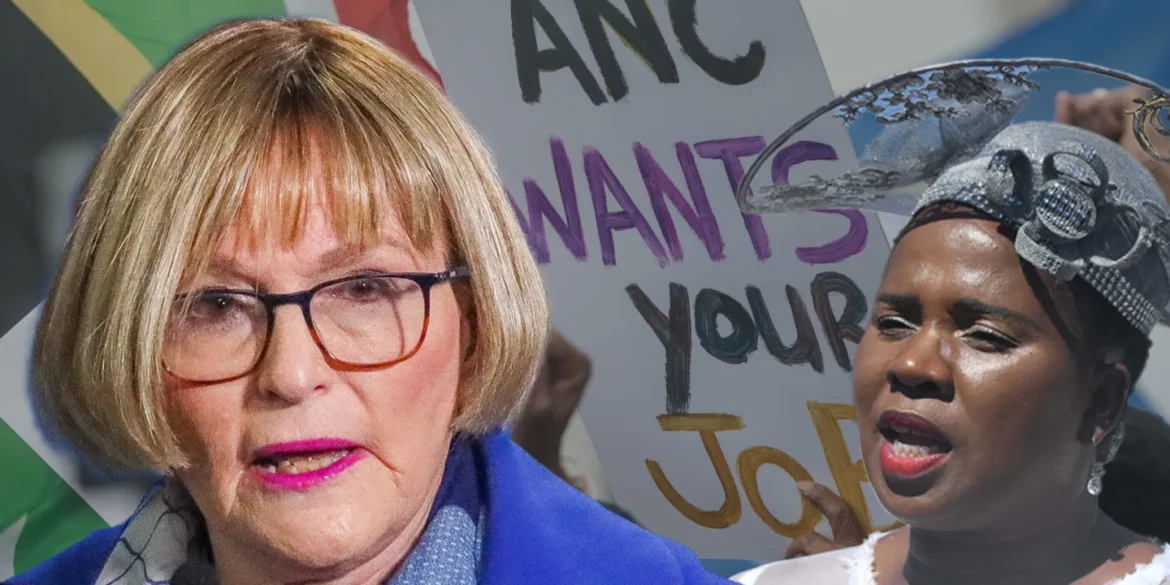The Democratic Alliance (DA) has launched legal action against Labour Minister Nomakhosazana Meth and the controversial Employment Equity Amendment Act — a move that has ignited intense national debate over fairness, transformation, and political priorities in South Africa’s workforce.
The DA argues that the new legislation, which allows the minister to set demographic targets for employment equity in the private sector, violates constitutional rights and creates what they describe as “race quotas” that could harm economic growth and individual opportunity.
“This is not about transformation — it’s about overreach,” said a DA spokesperson. “We’re defending the principle that employment should be based on merit, not on political engineering.”
Minister Meth, however, has firmly defended the law, calling it a long-overdue step toward meaningful economic redress and saying the DA’s challenge reflects its “historical resistance to racial and economic justice.”
The Employment Equity Amendment Act empowers the government to set sector-specific equity targets, with penalties for companies that fail to comply. Supporters argue it’s a necessary tool to correct deeply entrenched inequalities in the labour market, while critics say it threatens business autonomy and may lead to job losses or investor uncertainty.
The legal battle has sparked widespread public discourse, with civil society organizations, labour unions, and business leaders all weighing in. Some citizens see the case as a pivotal test of how far the state can go to enforce transformation, while others worry about the potential for reverse discrimination and bureaucratic interference in hiring practices.
As the matter heads to court, the outcome could shape not only the future of employment equity in South Africa, but also the broader political narrative around race, justice, and governance in the post-2024 landscape.
